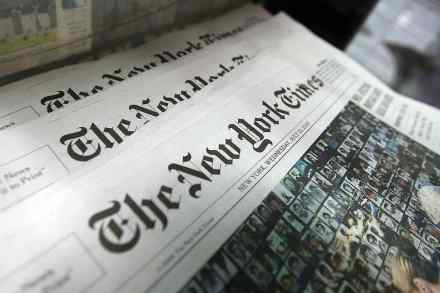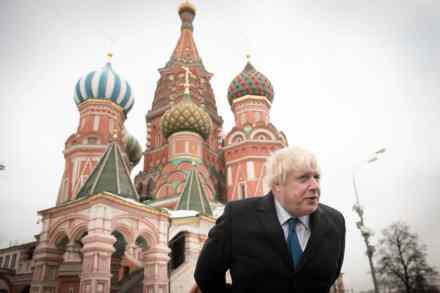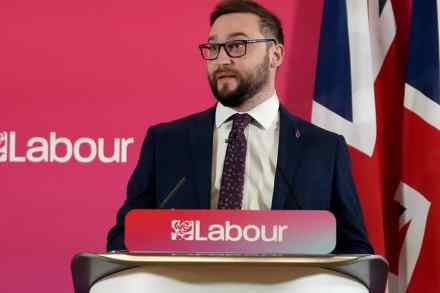What the New York Times gets wrong about the ‘Trojan Horse Affair’
The New York Times has it in for Britain. And the latest beneficiaries are the Islamists condemned by a UK government inquiry into the activist takeover of schools. I am the most senior serving Muslim parliamentarian, and have been an MP in Birmingham for over twenty years. The NYT‘s ‘Trojan Horse Affair’ podcast portrays a city that is unrecognisable to me. It is an act of utter irresponsibility. Hamza Syed and Brian Reed present eight programmes seeking to make the case that a 2014 letter ‘Operation Trojan Horse’ detailing an activist plan to influence local schools, was a hoax. Without proof the letter is genuine, it follows there was no plot, and




















